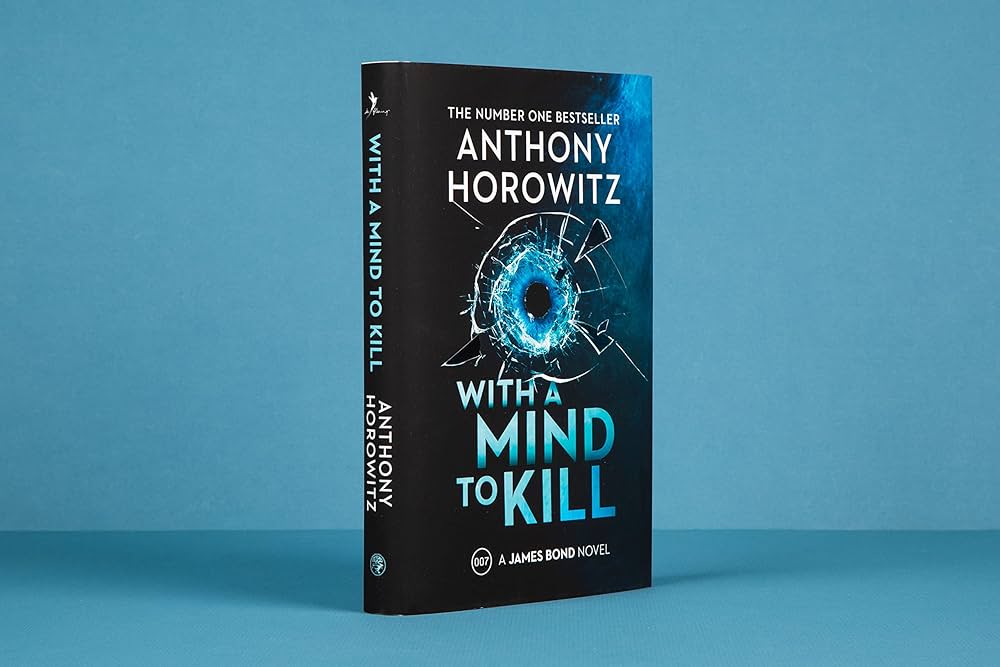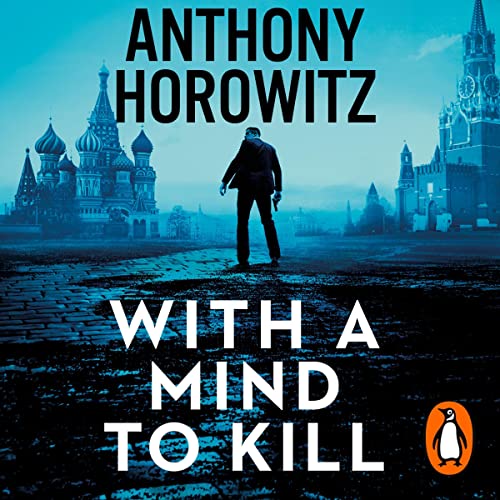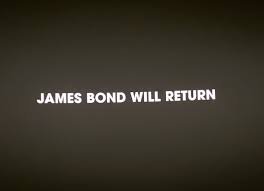
One of my literary guilty pleasures is a James Bond novel. Going all the way back to Bond creator, former British naval intelligence officer Ian Fleming’s classic ouevre, to contemporary fare by authors such as Charlie Higson and Anthony Horowitz, you pretty much know what you’re going to get when you open the book to page one. Forget the high octane explosion-laden bullet festivals of big screen Bond outings (not that they don’t have their own appeal). 007 outings on the printed page tend to be taught psychological thrillers, cat and mouse games with Bond pitted against colorful and interesting nemeses with the stakes ranging from minor to high.
I’ve always believed that Bond as written is a sociopath, a killing machine fueled by alcohol and funded by the British government. Fleming began writing his novels during the post World War II decline of the British empire. As Britain’s role on the global stage becomes increasingly less relevant with every passing year, it’s easy to see the appeal of a steely-eyed professional killer saving the day, armed only with a pistol, an Aston Martin, and a succession of vodka martinis. Bond’s live by the sword/die by the sword moral code is a simple one, and part of the character’s enduring appeal is the fascination we have for a character who lives on the edge, taking life one mission at a time. The novels are also, for want of a better term, competence porn, which remains an evergreen subject matter for fiction. Characters such as Bond, Patricia Cornwell’s Kay Scarpetta, Bernard Cornwell’s Richard Sharpe, and Lee Child’s Jack Reacher are all examples of extraordinary individuals who find themselves up to their necks in dangerous and complicated situations, only to rise magnificently to the occasion. No matter the odds, they survive and thrive on the backs of their skill, courage, tenacity, and the sheer ability to get things done. For most of us, who find simply navigating the everyday world challenging enough, there’s a lot of satisfaction to be had in living vicariously through their competence and ultimately enjoying their success.
On the other hand, it’s important to remember that Bond of the Fleming era (no matter who writes him) is a product of his times. Chauvinism and bigotry can rear their ugly heads, primarily in the early novels, and as 21st century readers we need to remember that Bond is a product of his times. We don’t have to approve of his attitudes in order to find the character intriguing.

All of which brings us to “With a Mind to Kill.” Anthony Horowitz is one of the latest authors approved by the estate of Ian Fleming to pen the ongoing adventures of 007. This is his third and, sadly, final outing. The novel delves into the subject of brainwashing, and portrays James Bond at the tail end of his career. The veteran of countless scraps and bearing scars both physical and psychological in nature (the trauma of which Bond tend to “medicate” with alcohol and fast living) Bond is on the verge of calling it a day. Horowitz picks up the plot threads left by Fleming’s last 007 novel, “The Man with the Golden Gun.” After being captured and tortured by the Russian intelligence services, Bond was brainwashed into assassinating his boss, M. Although the attempt was unsuccessful, M hatches a plan to fake his own death and then deploy 007 back into Russia with a view to unraveling and derailing the Russians’ latest scheme.
Along the way, there are all the things readers have come to expect from a James Bond novel. Double crosses, tricks, plans within plans; fist fights, gun fights, and assassinations. Gadgets and car chases with screeching tires are more for big screen Bond. Here we get a brooding, psychologically traumatized protagonist who questions his place within not just British intelligence but also the world in general. A James Bond getting ready to shed the mantle and retire.
Horowitz’s final Bond outing is a well-paced page turner, which makes the most of its setting behind the Iron Curtain at the height of the Cold War. Crafting a masterfully plotted final adventure, the respected author brings us a Bond that is both recognizable and familiar when compared with Fleming’s. If you’re looking for something that evokes the feel of 1950s espionage, you could do far worse than “With a Mind to Kill”…
…and best of all, there’s the certainty that…


